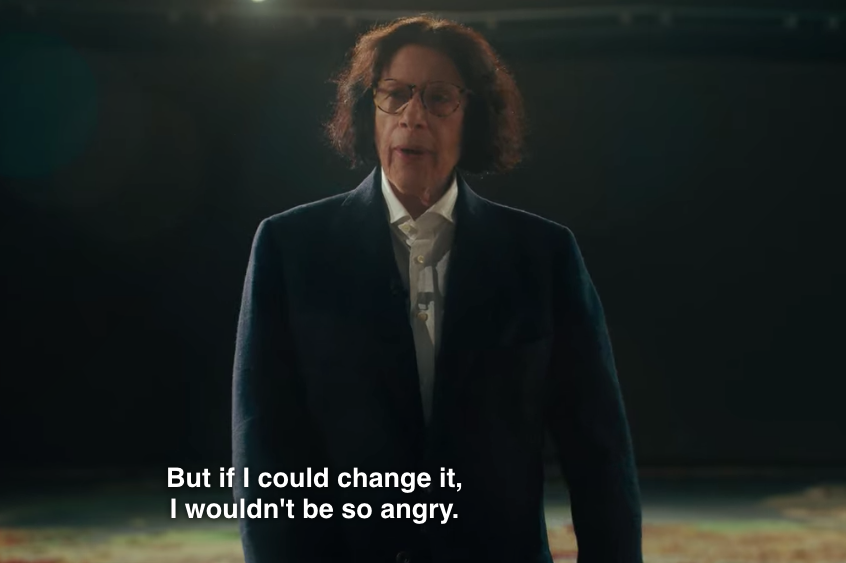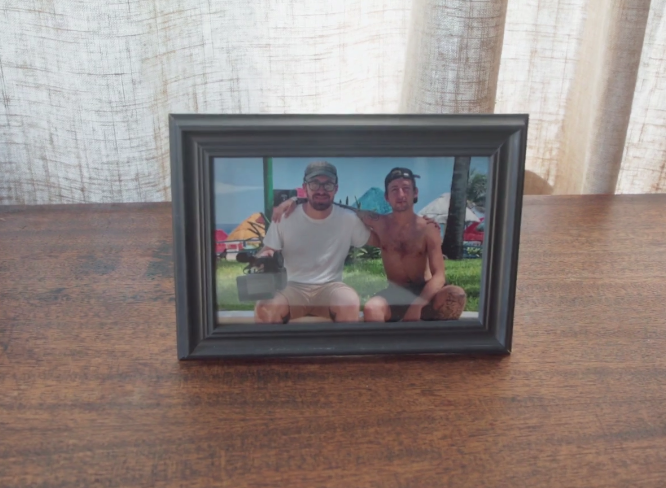THE RELENTLESS LUXURY OF THE KARDASHIANS
- Tahnee

- Oct 5, 2020
- 7 min read
Is it just me or is the unyielding opulence of the Kardashians getting sort of tiresome?

Comfort is hard to come by these days. The year 2020 has been typified by miserable isolation, and a boundless sense of doom. With all this time to spiral and melt, it’s nice to have the ability to turn to social media or reality television to turn your brain off, or rather, place it somewhere else. But lately, what awaits me on my screen is a barrage of the same select images of decadence. Floral arrangements as tall and wide as pick up trucks, giant bouncy houses in the likeness of a child’s head. Private jets and sparkly donuts and heaps of balloons and glam rooms and unboxing free shit over and over again. An unsettling abundance of riches and a luxury so excessive that the surplus makes me feel dirty for even stopping to look at it. Is it just me or is the unyielding opulence of the Kardashians getting sort of tiresome?
Sometimes I feel like we’ve forgotten where this dynasty all began. The Kardashian/Jenner clan started as a low brow family in a high brow zip code, characterized as OJ Simpson adjacent or sex tape entreprenuers. Keeping Up with The Kardashians premiered on E! in 2007, marketed as the “modern day Brady bunch - with a kick.” As Kim states in her signature vocal fry, “There’s a lot of baggage that comes with us. But it’s like Louis Vuitton baggage; you always want it.” One could take this statement as bad writing, but with the benefit of hindsight, it’s actually demonstrative of a family on the precipice of fame, but not quite there yet. Much like the Real Housewives, no matter how many people know their names, true prestige always eludes them because they’re just not that...well, prestigious.
Watching the pilot of KUWTK is like spending the night at your best friend’s house for the first time and opening their snack drawer to find all the snacks you never have stocked. You relish your new proximity to the good snacks, but you also envy your friend for having them (I remember being absolutely astonished by the presence of a drinking fountain in my childhood best friend’s home. I’ve only just recognized the needlessness of it recently). Early seasons of the series trigger that feeling of intimate voyeurism coupled with disbelief that a real family behaves and lives this way. They’re just affluent enough to elicit aspiration, but they’re still unsophisticated so as to keep you chuckling at a distance. After all, they want Louis Vuitton, they don’t yet have it.
Part of the allure of the Kardashians was watching them climb. In the pilot episode, Kim reacts to an invitation to the Tyra Banks Show as if she’s just received a Pulitzer, Kris and Bruce are still married and celebrating their sixteenth wedding anniversary among a meager group of close friends, Kylie and Kendall are gangly preteens dancing on stripper poles and mixing drinks for the elders, and Scott Disick is only twenty four years old (looking identical to his babyfaced son Mason). Instead of Nobu, they visit Roy’s Hawaiian Fusion. They reside in a modest ranch style home in Calabasas rather than a gaudy Hidden Hills mansion. Gone are the stylists making sure their hair is flyaway free, and their carousel of C-List friends include Robin Antin and Joe Francis. Sigh. A simpler time. So much has changed.
The glow up of the Kardashians is not a crime, in and of itself. Unearned perhaps, and on the verge of unethical, but not yet criminal. Who among us hasn’t wished for prosperity? Everyone is entitled to the pursuit of happiness. However, something about their specific brand of luxury and excess, which has reached new heights in recent years, feels gross in a time where people are dying from a debilitating virus and millions are out of work. Unlike other influencers who simply post on behalf of products they’re endorsing, usually accompanied by a little anecdote about how convenient or well-made the product is, the Kardashians take their spon con to a level of absurdity that outpaces any other type of promotion I’ve seen. Consider Khloe Kardashian’s farcical display of bedazzled Febreze bottles with which she poses in her bed, on her couch and on her dresser. There are no photos of her using the product, but there are images of her splayed around her house with the deodorizer as a decorative prop. In her latest Febreze post, she’s surrounded by no less than twenty bottles of the stuff. Bridget Read writes for The Cut, “I love thinking about how something as commonplace as Febreze becomes a glistening pastel accessory in the life of this woman who is simply unable to showcase the product in the way a human being might actually use it.” And how could we forget Kim’s “14 gorgeous Freesians on the ranch.” Amid a pandemic and the highest rate of unemployment since the Great Depression, Mrs. West felt it wise to introduce us to her family’s fourteen Friesian horses, who reside at the Kardashian West’s 14 million dollar vacation home in Wyoming. Perhaps a horse for each million spent? There is an acute egregiousness to posts like these that, much like the late stages capitalism, ignore the immaterial costs of what they’re exploiting, promoting, or purchasing. Every pair of Good American jeans, every Kylie lip kit, and SKIMS shapewear set was made by someone - and I can say with confidence it was not a Kardashian.
Beyond the tone deaf frivolity, what’s disheartening still about this severe pivot to commerce and indulgence is that it’s made them boring. They were always self-promoting to the point of parody, but at least in the early days they were the ringleaders of their own circus, invested in showmanship and interested in being actionable. Now, their self-promotion has morphed into decorating their surroundings with the ostentatious props of the elite and it’s taken the place of good storytelling and discernible personality. The more fame and money, the less involved they are in their own lives. In earlier seasons of KUWTK, we see them rushing off to photo shoots lugging their own garment bags and driving themselves across Los Angeles. Now, I’m hard pressed to find an episode that doesn’t involve eating heaping salads out of bowls as large as bird baths on pristine white couches while their overworked assistants and glam squads take all the initiative. The show has gotten so desperate for conflict that the latest seasons have relied on the meta storyline of how to keep the show interesting while wrestling with Kourtney’s desire to share less of her life (a perfectly healthy inclination if you ask me). This challenge obviously contributed to the decision to end the show next year, which was both shocking and completely predictable.
“So overall, a sense of escapism is important to maintain as it draws viewers in and keeps them tuned in,” Kim reads from a report on how fans feel about the show. Frankly, the Kardashians don’t need TV to create “escapism” anymore. This “escapism” is easily accessed on Instagram in a single image, without the demands of reality television. Their fans translate easily into followers, so why put in hours of filming when you can make millions from a self-produced post? Escapism, however, is different from being affronted by grandeur when the world is on fire. I have no problem with escapism or aspiration (if you’ve seen my many nods to Nancy Meyers’ work you know this) but the lifestyle advertised by the Kardashians feels insidious because it dangles a proverbial carrot above our noses and prompts us to buy buy buy. We as alien observers of an astronomically privileged class can only be a part of that class by procuring the totems of their existence - a fragrance, a concealer, an oil diffuser - but with every purchase, the gulf between classes gets wider.
The lives of the Kardashians are the lifeblood of our collective media sources, mainlining their tribulations into headlines and think pieces such as the one you’re reading right now.
The momentum with which the Kardashians (and I use this term as a catch all for the entire unit that includes the Jenners, the Disicks, the Thompsons, the Websters and the Wests) saturate our Instagram feeds, television screens and search histories is staggering, and that’s by design. In the same way Kim poses for Playboy to take control of the narrative surrounding her sex tape, the entire family has taken to making themselves synonymous with wealth in order to outrun the scandal of the day, whether that be a cheating offense, a cultural appropriation controversy, or a Kanye West mental break. This philosophy is at the root of the overwhelming glitz (and it goes without saying that they profit from it too). As the backlash and the drama increase, so does the need to overshadow it. Hence the need for fourteen Friesian horses. It’s also a direct result of living your life in the public eye and having those documents be available in perpetuity. If you knew all the unsavory moments of your life were being filmed for the world to see and revisit, then you too would want to put your best, most luxurious foot forward. Who knows who could be watching decades from now? In this way, the blatant celebration of the bougie is a death defying act - which is perhaps why it feels like they will never go away, with or without a TV show. Their real lives become promotion for the show and the show becomes promotion for their social media pages - a circuitous loop of steadfast influence. The loop will only shorten without the series.
We can typically categorize pop culture as the moment when high culture meets low culture, when swank meets accessibility. If this is the case, how do we categorize the Kardashians? They’re accessibility feels profuse, it’s impossible to ignore them. And yet, they’re actually less accessible than ever before. Who can relate to this level of wealth and excess? Even the most aspirational of us can’t help but feel fatigued by the battery of bling and the repeated platitude of “I’m so excited you guys” anytime they have something to sell.
“Our job is being open and honest and sharing a lot of ourselves,” Kim says in the latest season. What “ourselves” means in this context is not an honest portrayal of family life, it’s a carefully curated image of monopoly. As reality TV stars, it’s impossible to present an unfiltered and honest portrayal of your life. As businesspeople, it’s impossible to become billionaires without the exploitation of others. There’s always a catch. The “ourselves” that Kim speaks of has become a reminder of the gap between the have and the have nots in a time where the divide feels especially dissonant. We can longer keep up with the premiums the Kardashians have placed on luxury, and frankly, we can no longer keep up with the Kardashians.



Comments